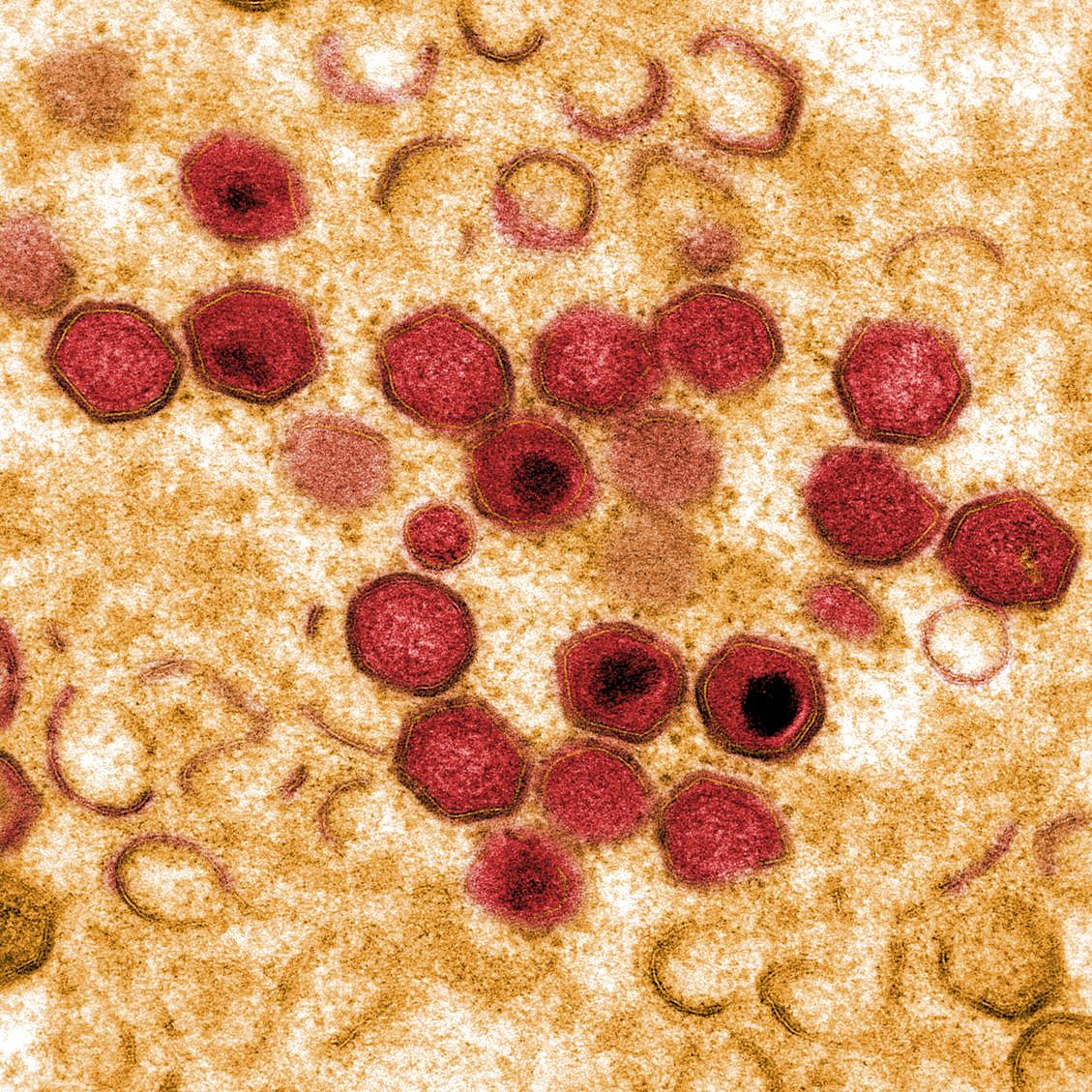Survival of African swine fever virus in excretions from pigs experimentally infected with the Georgia 2007/1 isolate
African swine fever virus (ASFV) causes a lethal haemorrhagic disease of swine which can be transmitted through direct contact with infected animals and their excretions or indirect contact with contaminated fomites. The shedding of ASFV by infected pigs and the stability of ASFV in the environment will determine the extent of environmental contamination. The recent outbreaks of ASF in Europe make it essential to develop disease transmission models in order to design effective control strategies to prevent further spread of ASF. In this study, we assessed the shedding and stability of ASFV in faeces, urine and oral fluid from pigs infected with the Georgia 2007/1 ASFV isolate. The half-life of infectious ASFV in faeces was found to range from 0.65 days when stored at 4°C to 0.29 days when stored at 37°C, while in urine it was found to range from 2.19 days (4°C) to 0.41 days (37°C). Based on these half-lives and the estimated dose required for infection, faeces and urine would be estimated to remain infectious for 8.48 and 15.33 days at 4°C and 3.71 and 2.88 days at 37°C, respectively. The half-life of ASFV DNA was 8 to 9 days in faeces and 2 to 3 days in oral fluid at all temperatures. In urine, the half-life of ASFV DNA was found to be 32.54 days at 4°C decreasing to 19.48 days at 37°C. These results indicate that ASFV in excretions may be an important route of ASFV transmission.
